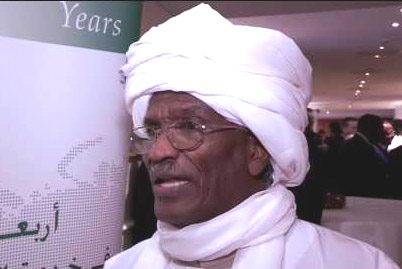
For Muslims, wealth after death, must be distributed according to Sharia (Islamic law). In most Muslim countries, the laws of intestacy are derived from Sharia, this is an advantage for residents of these countries, as even if there is no will, they will be adhering to their Islamic obligation. For Muslims in other countries, having a will is highly required, because if there is no will, assets will be distributed according to domestic law, not Islamic law. Therein, there is a need to have a will that complies with both local law and Islamic law, to be valid per local and Islamic rules.
As a golden rule, in Islamic Will the bequests shall not exceed one third of your estate. As the balance, is the legitimate estate for your heirs as determined by Quran and Sunna. Based on this scenario, heirs are generally not eligible to take part of Islamic Will. However, there are basic requirements to be observed regarding Wills validity as, the Will must be in writing, you must identify yourself as the author of the Will, you should state that it is your last Will and that any previous Wills and Codicils are revoked, you must have legal capacity of age and sound mind, the Will must be dated and signed in the presence of two witnesses who are neither a spouse nor a beneficiary under the Will.
Advisable, to choose wise executors as they are to carry the wishes in the Will, and they can be beneficiaries in the Will. Make sure that executors are informed in advance and willing to accept what can be difficult responsibility. If there are children under the age of 18 at the time of preparing the Will, you should appoint a guardian to look after in the unlikely event of death while they are still minors, look for two witnesses during signature of your Will. Remember, anyone who will benefit from your Will cannot be taken as a witness.
Once you have made your Will and it has been signed and witnessed, store it in a very safe place and inform executors and others where the original Will is kept. Generally, wishes expressed in the Will are only to take place after death of the testator, as the Will could be amended any time before death.
